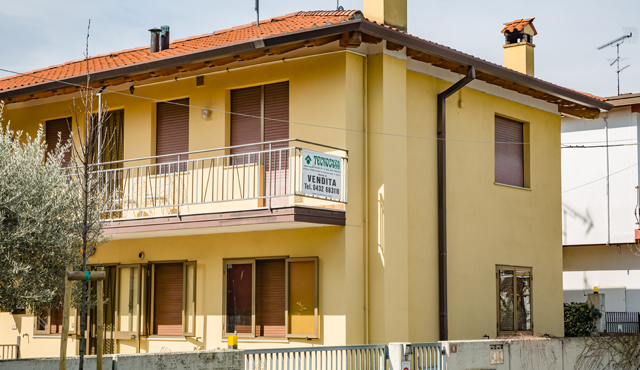Italy recently passed the Salva Casa (Save the Home) decree, a legislative package with the potential to revitalize the country’s housing market. The decree tackles a surprising hurdle: A large portion of Italian homes (estimates suggest up to 80%) have minor irregularities or deviations from building codes. These often insignificant irregularities, like an unpermitted balcony enclosure or a slightly misplaced internal wall, can significantly complicate selling a home, obtaining financing or accessing government assistance.
The decree seeks to streamline the process of rectifying these minor issues. This could involve a simplified amnesty program where homeowners pay a penalty based on the decreased property value from the irregularity. The decree also introduces a concept of “construction tolerances,” allowing for slight deviations from original plans without triggering major bureaucratic headaches.
By doing so, the government hopes to unlock the potential of millions of homes currently frozen out of the market. This increased availability could benefit both buyers seeking more options and sellers who can finally offload their properties.
Salva Casa decree goes beyond just addressing existing irregularities. It also includes measures to encourage the conversion of underutilized commercial spaces into residences. This could help address housing shortages in urban areas by creating more living spaces without needing entirely new construction projects. Additionally, it could revitalize struggling small towns by attracting new residents with the availability of converted commercial properties.
However, it’s important to note that while the decree has been passed and in force since May 30, 2024, it’s not yet a final law of the state. In Italy, there are two main types of legislation:
- Decreto Legge (Decree Law) — This is a temporary measure issued by the government to address urgent matters. It takes effect immediately but requires parliamentary approval within 60 days to become permanent legislation (legge).
- Legge (Law): This is a formal law passed through a traditional legislative process involving both houses of parliament. It has a longer enactment period but offers greater stability and permanence.
Salva Casa is currently a decreto legge. It is generally expected to be converted into a legge by the end of summer 2024, barring any unforeseen delays. Despite this final hurdle, it is possible to present immediately the application to rectify small discrepancies, provided that the irregularity dates back before May 24, 2024.
Send your questions regarding Italian law to cbortolani@aliantlaw.com and I’ll be glad to answer them.
The content provided in this Q&A column is intended solely for general informational purposes and does not constitute legal advice. The information presented here is not tailored to any specific situation or transaction and should not be relied upon as a substitute for professional legal counsel. Legal issues can vary widely based on individual circumstances and jurisdictional nuances. Therefore, it is crucial to consult with a qualified legal professional regarding your specific case or concerns. Please be aware that no attorney-client relationship is established by accessing or interacting with the information provided in this column. The column’s author and publisher disclaim any liability for actions taken based on the information contained herein.
 Fra Noi Embrace Your Inner Italian
Fra Noi Embrace Your Inner Italian






